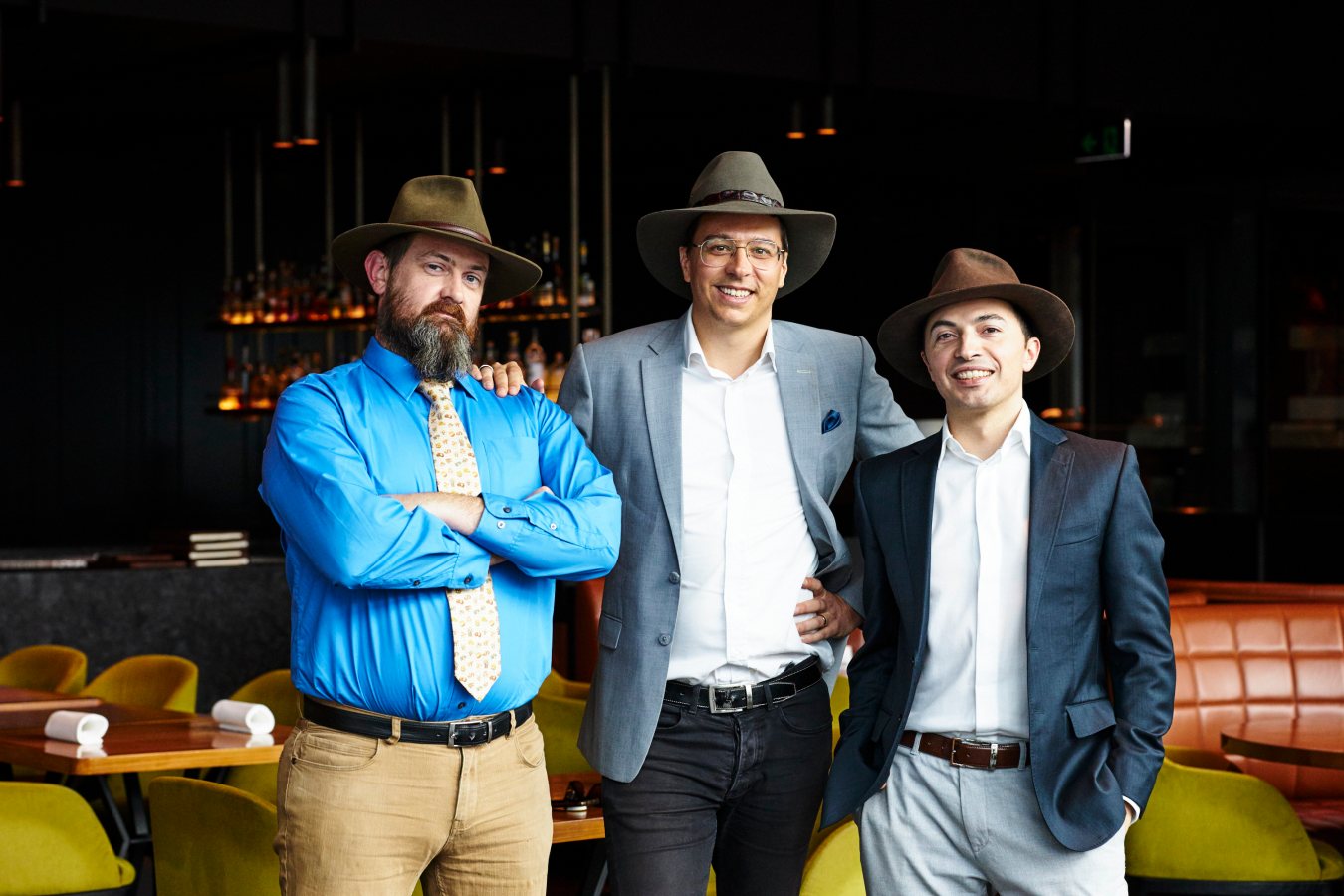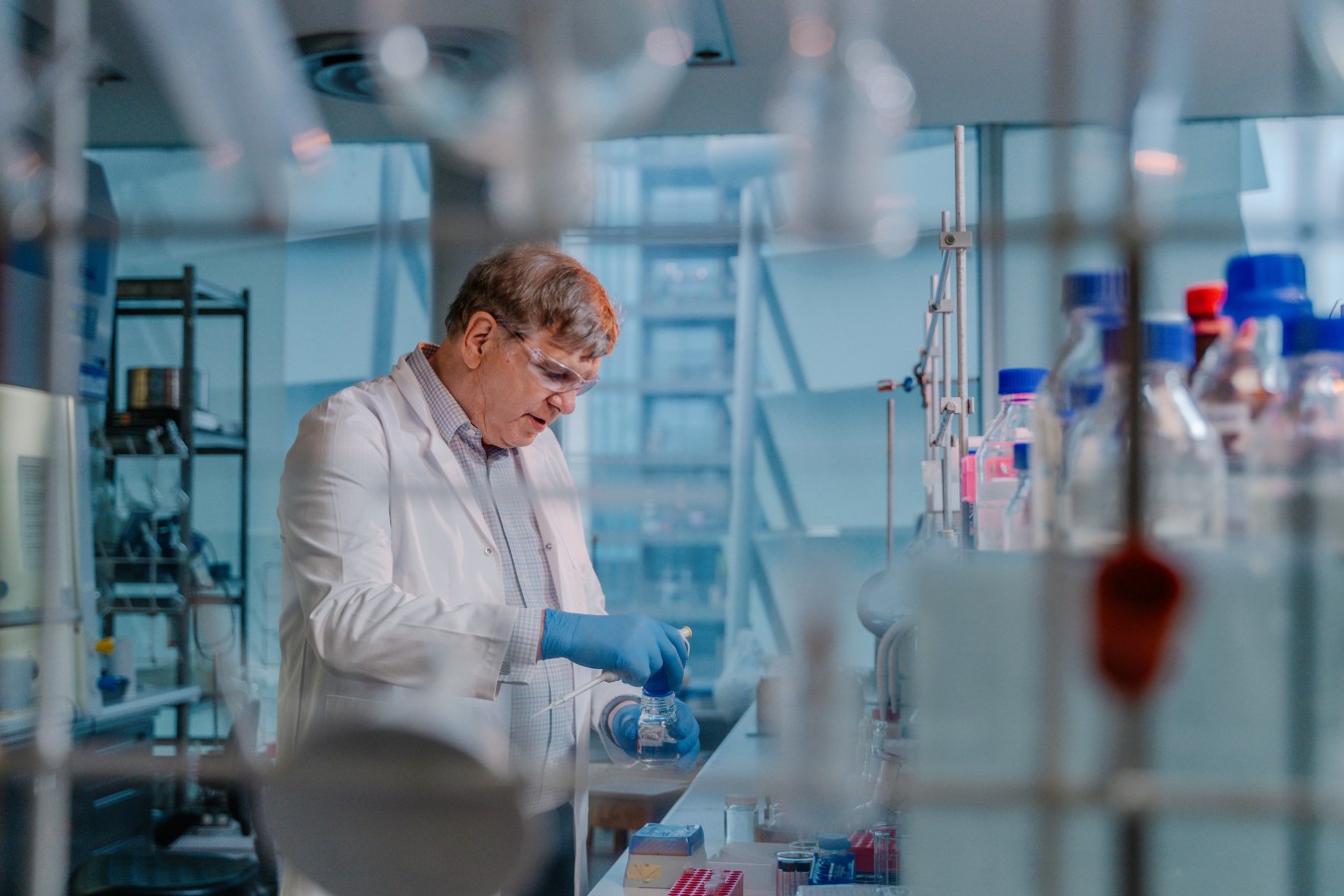The startup, last valued at about $560 million, has launched its fifth offering, targeted at men’s health.
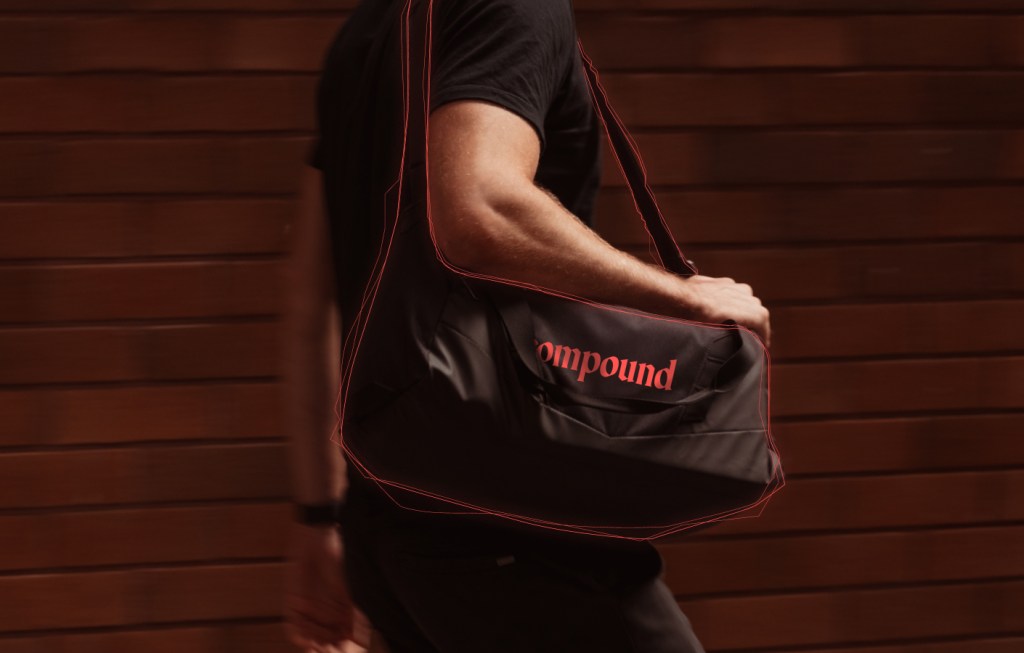
A new high-end health app, Compound, is promising to help men shed kilos and improve their health, with its initial cohort of 16 patients showing promising results.
Compound is the fifth product from Australian telehealth provider, Eucalyptus, which was founded in 2019 by ex-Koala colleagues Tim Doyle, Charlie Gearside and Alexey Mitko, and a fourth founder, Benny Kleist.
So far, the business has launched online skincare clinic Software, women’s fertility clinic Kin, men’s health clinic Pilot, women’s weight-loss clinic Juniper, and now Compound. After quietly raising $50 million in 2023, it was reported the company’s valuation hit $560 million (up from $450 million in late 2021 after its $60 million Series C round).
At $995 per month for non-medicated members, or $1,495 per month for patients prescribed GLP1 medications (like Ozempic, Semaglutide or Saxenda), Eucalyptus says Compound is the ultimate high-end online men’s health clinic.
For the price, patients get access to testing, analysis and medial advice, supplements, coaching and – if it’s in their tier – medication like GLP1 drugs. The 12-week launched in late 2023 to an initial trial cohort of 16 patients that were assessed as clinically suitable for GLP1 medication. Results provided to Forbes show one patient, Kaushik Sen, lost 5.9% body fat, 150 grams of visceral fat and his total weight dropped 9.3 kilograms.
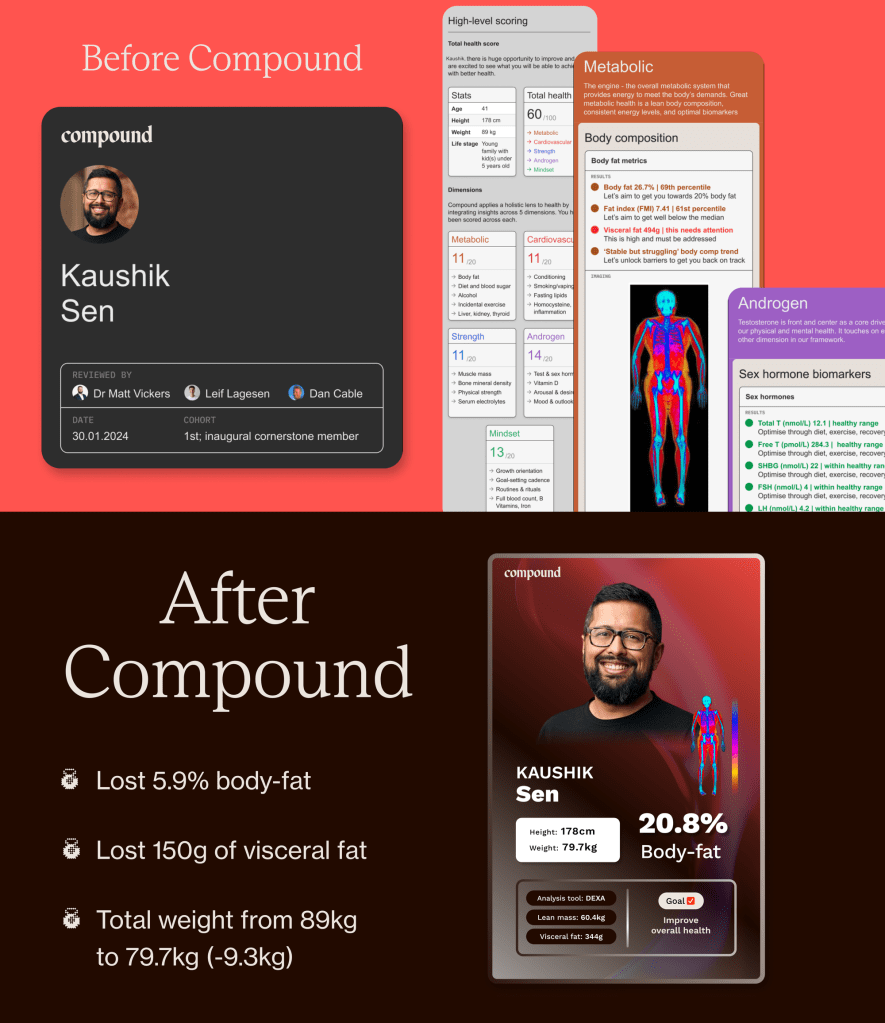
The company says it’s preparing plans for a physical boutique clinic in Sydney where patients can come to undergo full diagnostics. In the meantime, it sends patients to partnered physiotherapists and sports scientists to conduct assessments like VO2 and gait analyses.
“We basically take over people’s lives for 12 weeks,” Doyle, who is CEO of Eucalyptus, says. “Every meal, every exercise, all the deep diagnostics – we try to really, deeply change behaviour. And it’s done at a very manual level. There’s not a lot of technology-led automation. You have a person that looks after your health and makes it as easy as possible for you to make good health decisions.”
That’s no joke. According to the schedule, generally patients are up for an appointment with a clinic doctor; a mindset coaching session; a supplement stack designed to improve athletic and cognitive performance and address nutritional gaps; a personalised diet plan; a personalised exercise plan and Compound workout gear; wearable tech to monitor and measure movement and vitals; access to a support group; and ongoing medical analysis and coaching with a team of doctors, physiotherapists, dietitians, nutritionists and health coaches.
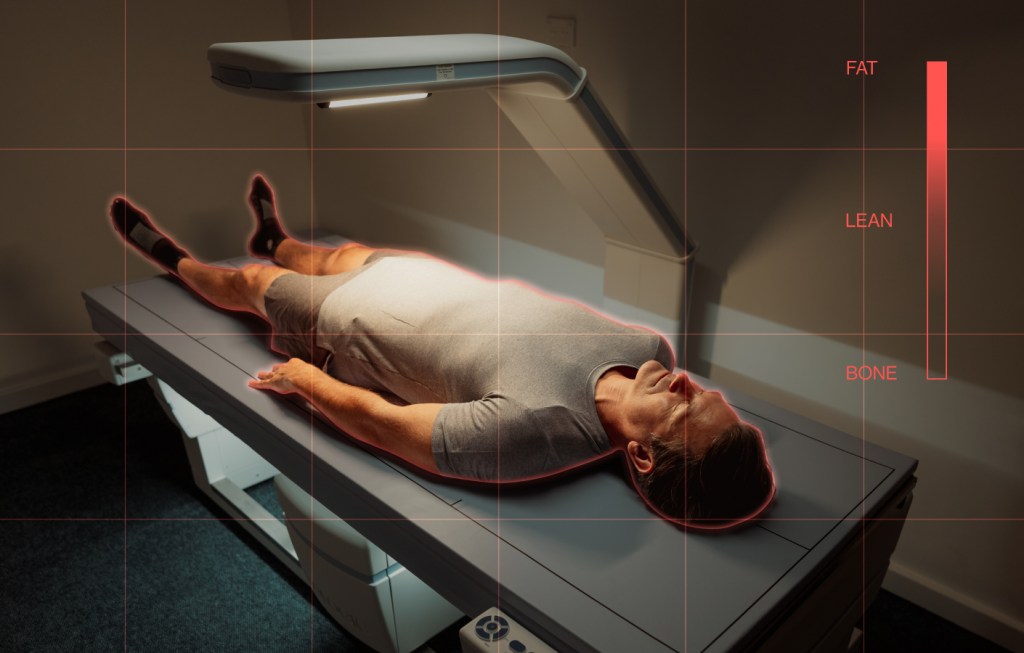
“The reason we targeted men with Compound is because I think we already have the service for women with Juniper (which has 50,000 female members), but weight-loss has been historically very female-coded,” Doyle says.
Compound is part of the growing men’s health and wellness market, which was valued at US$1.27 trillion in 2023, and predicted to reach US$2.57 trillion by 2029, growing at a compound annual growth rate (CAGR) of 12.44%, according to Research and Markets. That rise is – in part – being driven by tech-enabled health monitoring and telemedicine, which is Eucalyptus’ sweet spot.
Boutique fitness (expected to top US$26.2 billion in the US alone by 2025) is also having its moment, with high-end health clinics like Tim Gurner’s Saint Haven, which opened its first location in Victoria in May last year (and where memberships cost $23,000 per year), taking off on the east coast. Then there’s Lockeroom Gym for business executives in Sydney, founded by Raph Freedman and Lachlan Rowston, which costs about $25,000 per year.
And the interest is certainly there, with a current waitlist of more than 2,400 people that Doyle says is growing weekly. “Australia generally leads the world in terms of preventative health and interest in performance,” he says. “We’ve seen a lot of demand for, “How do I live longer? How do I live better? How do I get the most out of myself?”
But the issue is scaling that interest, which Doyle admits will be tricky.
“Creating physical experiences is substantially different to creating something entirely digital, and has a whole other level of challenges around care and clear delivery at scale,” he says.
“We’ve been working on Compound for about 15 months now – usually our brands take sub-90 days to build and launch. But this is the most concrete project we’ve ever taken on, so I think that’s reflected in the timelines and the cost and the level of care provided.”
Ozempic controversy
Eucalyptus has been the subject of controversy for its sale of Ozempic replica medications through Juniper and Pilot. The replicas had been made by registered chemists and sold as a pharmacy compound that didn’t need to meet the same regulations as approved GLP1 medications.
“The decision to facilitate the provision of compounded semaglutide was made very carefully, and had patient continuity of care and safety at its core,” Eucalyptus says in a statement to Forbes. “Before Eucalyptus made this decision, we commissioned extensive independent laboratory testing to review the safety and quality of the compounded product from our two partner pharmacies. This testing went beyond those pharmacies’ compliance with the stringent regulatory controls that already applied to compounding pharmacies.”
Patients of the provider have been accessing compounded semaglutide for six months, and Eucalyptus says so far, so good, with no reports of unexpected serious outcomes.
But in May this year, the Australian government, which was not confident in the reliability and safety of these replica drugs, banned the making and selling of them by compounding pharmacies. The company has been given additional time to seek a solution for its patients currently using GLP1 alternatives.
“In light of this decision, we are going to great lengths to secure sufficient access to the commercial products to be able to support our patients and ensure that their continuity of care is unaffected,” the company says.
Look back on the week that was with hand-picked articles from Australia and around the world. Sign up to the Forbes Australia newsletter here or become a member here.

